Joy in Books Goes Beyond an Immediate ‘Spark’
During the last week or so, fans of joy in books have risen up in great annoyance.
This happened in response to something Marie Kondo said. She is latest in a long line of organization gurus, most recently appearing on (where else?) Netflix. Kondo suggests limits on book-collecting, supposedly based on whether a book in your hand “sparks joy” inside you.
I’ve read a lot more comments objecting to this “sparks joy” comment than defending it.
However, I haven’t been able to find a primary source for this comment. That means there’s a chance Kondo has been misconstrued.
Still—it’s been interesting to see the justifications people make for keeping their books. I’m not sure if biblical Christians can necessarily agree with some stories people tell themselves about why books matter.
For instance, Anakana Schofield at The Guardian rebuts the Kondo “sparks joy” concept this way:
The definition of joy . . . is: “A feeling of great pleasure and happiness, a thing that causes joy, success or satisfaction.” This is a ludicrous suggestion for books. Literature does not exist only to provoke feelings of happiness or to placate us with its pleasure; art should also challenge and perturb us.1
Time doesn’t permit a full explanation here, but I have a few comments.
First, Schofield’s definition of “joy” is starkly limited to feelings of “pleasure and happiness.” She seems to go along with Kondo’s (reported) emphasis on holding a book, clothing item, or such, and waiting for a feeling of immediate joy. This simply isn’t how joy works. Imagine trying this method with snack food, or an item of exercise equipment. Or your budget software. Or (speaking to Christians, here) the Bible.
A book or anything else can bring you joy even if you don’t immediately feel it.2
Second, joy is not limited to our three dimensions plus a fourth dimension of personal emotion only. If I don’t feel like working out, if I don’t get that “spark” of joy, what if I go ahead and work out anyway? Then I just might experience a feeling of joy some time later. Maybe days or weeks later, but I will. The same is true of reading the Bible. Or reading any other book. The fourth dimension of joy is not immediate emotional response, but time.
Third, Schofield seems to miss other positive emotions that result from joy. Legitimate joy, even “pleasure,” results in many emotional responses, some immediate, some delayed. But pleasure/joy does not bring us only gleeful smiles or warm fuzzies. We also experience joy in being challenged or even perturbed. Elsewhere, real joy can manifest in hard work, sweat, sometimes even pain. Again, that fourth dimension of time applies here. In this case, if you read a challenging book, you may not feel immediate joy, or even joy the day after. But much time later, perhaps even years, you may experience the joy of having read that book and benefited from it.
Fourth, Schofield goes on to oppose wrongfully pragmatic expectations for books. In other words, you may not immediately know a thing’s “purpose, outcome or a destination.” But that doesn’t make the thing invalid, or useless. I’m with her there. At the same time, she can’t help repeating a variation on the “art for art’s sake” meme:
But art doesn’t care a noodle about your Apple watch, your fitness goals, active lifestyle, right swipes, career and surrender on black pudding. Art will be around far longer than Kondo’s books remain in print. Art exists on its own terms and untidy timeline.3
Yes, I’ll be that guy who points out that this is, technically, nonsense, even a reification fallacy. “Art” doesn’t care about anything. It does not have “its own terms,” much less a timeline. Art has no mind and no will. It exists only because humans, who do have minds and wills, make the art.
Of course, Schofield is speaking poetically here. But poems don’t fit with the logical argument she’s trying to make about the value of Art and All That. Instead of crediting Art and All That, as if Art has some will and purpose, give credit where it’s due: to the humans who make art. Art has value because humans have value. And, as the biblical Christians hastily adds, humans have value because they reflect the image of God, the imago Dei. God, as the supremely most valuable “thing” ever, has granted humans this value and the gift of imitating his creativity.
That’s why books have value. God has created humans, granting us his image to bear, and giving us the ability to make culture. This includes books. And books can include good books or bad books. Some books give us immediate emotion feedback of joy. Other books are all dry and dusty and challenging, leading to the potential joy of having finished and benefited from the tome.
Either way, the book’s purpose is still joy. God created his people for joy.4 In this time of sin and a cursed, groaning universe,5 joy seems more limited. But in eternity, on the New Heavens and New Earth, we’ll rejoice forever and ever for the glory of God.
So, if I’m tidying up the closet of justifications for books, or Art and All That, I’m not keeping any “books for duty’s sake” or “art for art’s sake” arguments. In the eternal timescape, they’re hopelessly outdated. So let’s throw them out. Books exist for joy—not joy from them, but joy through them, brought to us by the Creator who gave humans his spark of creativity to make them. Even if the author doesn’t know him. And if we, as book readers, haven’t experienced reconciliation with this Author of the universe, we’ll be left chasing lesser arguments or feelings in an ultimately vain effort to enjoy these gifts to us.
- Anakana Schofield, “What we gain from keeping books – and why it doesn’t need to be ‘joy,’” Jan. 7, 2019. ↩
- Unlike some Christians, I don’t make an artificial divide between the English words “joy,” meaning some kind of holiness/blessing/spiritual satisfaction, versus “happiness,” meaning a temporal emotion that is likely spiritually suspect. This distinction is a spiritual platitude that has appeared in some evangelical writings and is even repeated by gospel-grounded leaders and teachers. The divide is a false one, however, and the terms joy and happiness are absolutely inseparable in the Bible’s original languages plus many English translations. As author and pastor John Piper notes, “If you have nice little categories for ‘joy is what Christians have’ and ‘happiness is what the world has,’ you can scrap those when you go to the Bible, because the Bible is indiscriminate in its uses of the language of happiness and joy and contentment and satisfaction” (John Piper, “Let Your Passion Be Single,” Desiring God, Nov. 12, 1999). See also Randy Alcorn, “Is There a Difference Between Happiness and Joy?“, Nov. 11, 2015. ↩
- Schofield, “What we gain from keeping books – and why it doesn’t need to be ‘joy’.” ↩
- I think it’s fitting for Christians to call themselves “Christian hedonists,” though certainly with some caution about how others hear that last word. See John Piper, “Christian Hedonism: Forgive the Label, But Don’t Miss the Truth,” Desiring God, 1995. ↩
- Romans 8. ↩






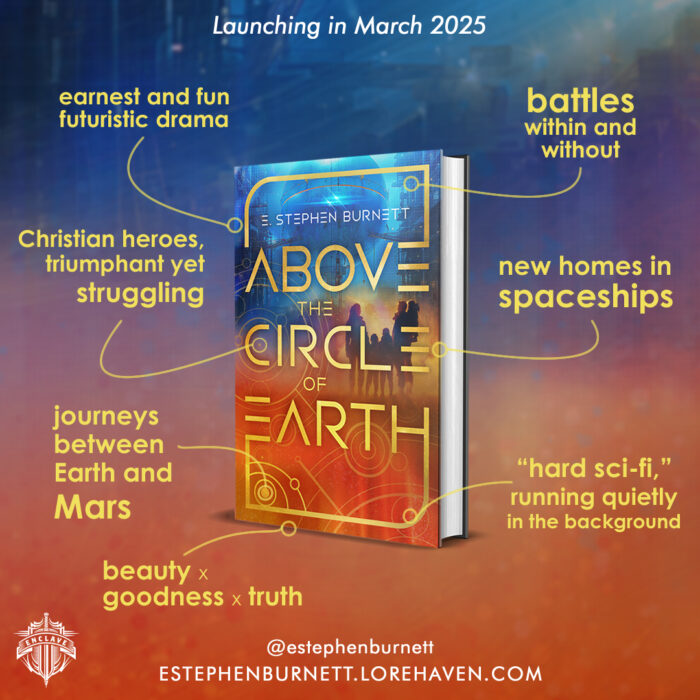


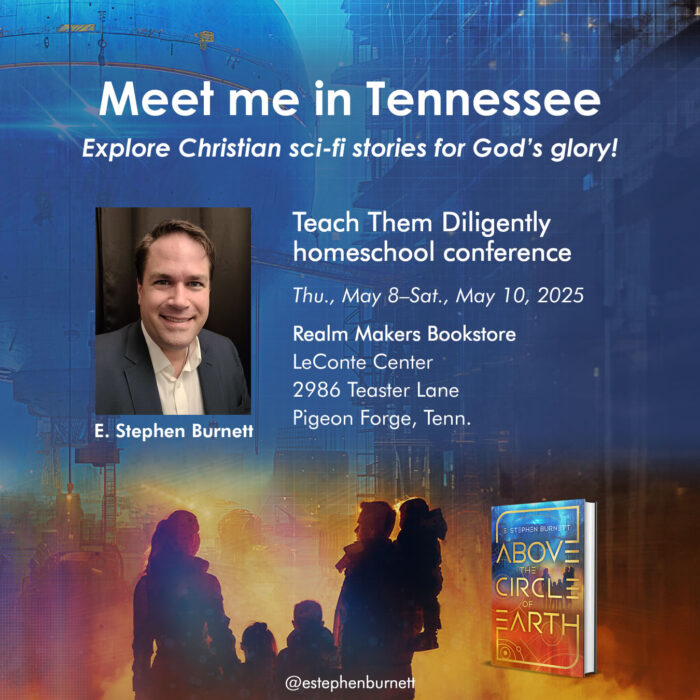
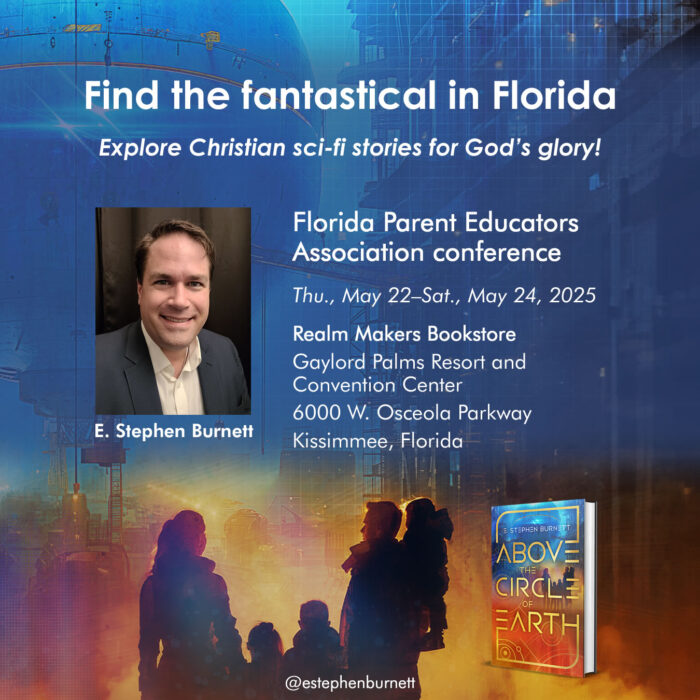
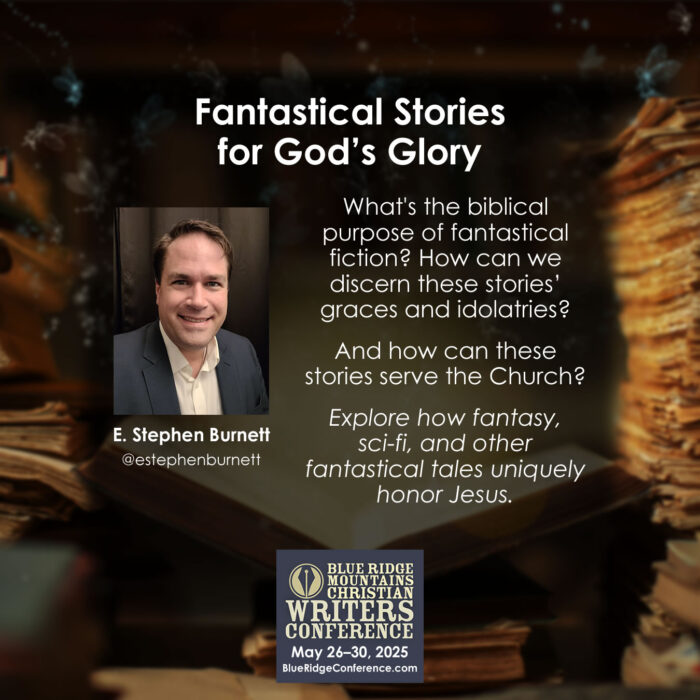




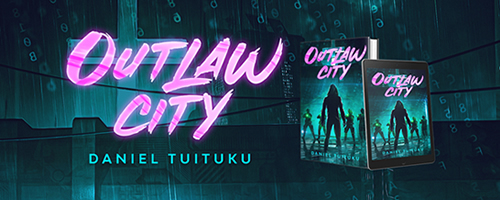
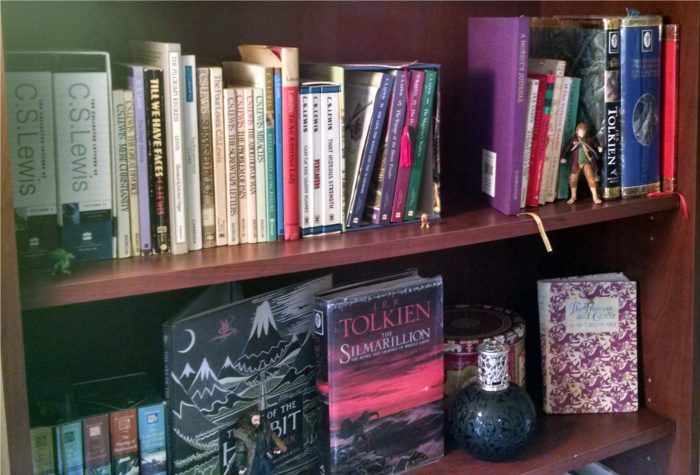
Share your thoughts, faithful reader (and stay wholesome!)